CSPI (political Islam Research Center), a research institute for Bill Warner, a prominent Islam expert, released a report on the critical Point of Islam saturation in December 2016.
The report is by far the best quality and detailed forecast of the Islam process in the public domain. Here for you to deeply analyze its essence content.
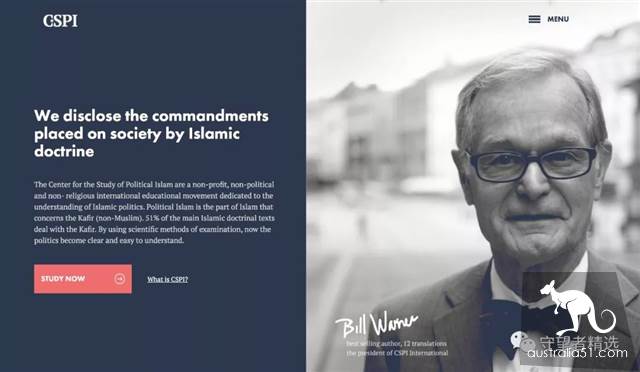
Many people do not know that Pakistan was once a Hinduist civilization, Afghanistan was dominated by Buddhism, and North Africa and large parts of the Middle East were Christian civilizations. The main reason for the disappearance of these civilizations is not war and conflict, but the gradual implementation of Islam law.
Turkey, for example, introduced the Islam law after being conquered by Islam, and the population changed from almost 100 per cent Christians to almost 100 per cent Muslim, completing the process of Islam saturation.
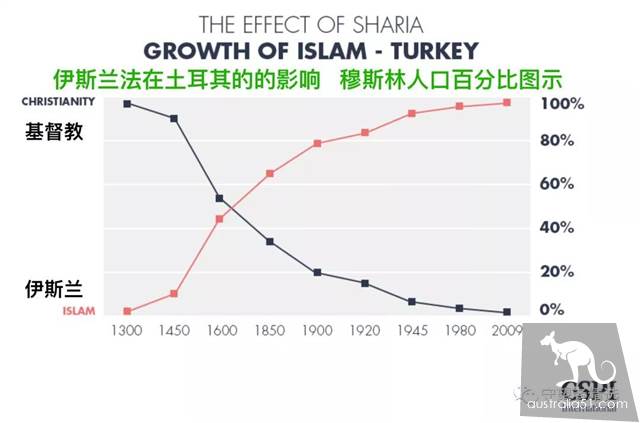
The report states that, unlike other religions,51 per cent of the Ilam's religious classics is to explore how to treat and dispose of non-Muslim in society. This is a very unusual phenomenon, as a religion usually focuses on the religious community and its internal affairs.
Therefore, we can draw the conclusion that Islam is a political ideological system. CSPI is dedicated to the study of political Islam, because it is the biggest impact on non-Muslim society, and it is also the reason why Islam has been expanding for more than a thousand years.
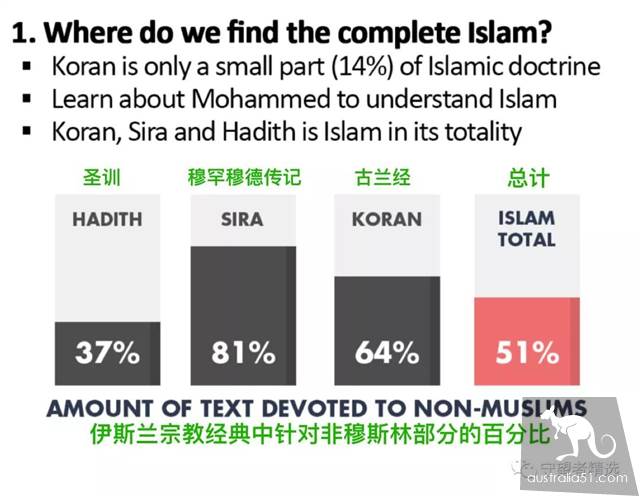
So what is the tipping point for Islam in a country? In other words, when the Muslim population reaches what per cent, the collapse and substitution of civilization becomes inevitable?
In the face of this pressing problem, the report cites research by Richard Briet (Richard W. Bulliet), a professor at Columbia University. As a Islam history expert, Briet studied the Islam rate curve in countries such as Iran. It is concluded that the critical point is 16% of the total population. He believes that beyond this figure, Islam is difficult to reverse.
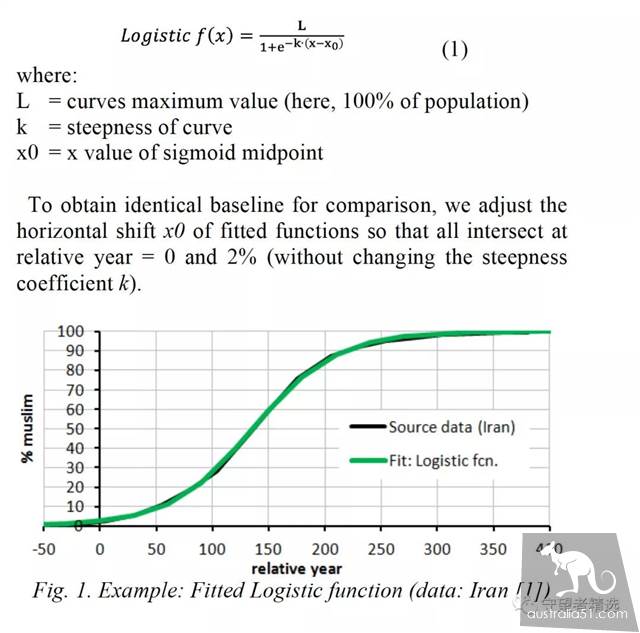
The chart above is based on: Conversion to Islam in the Medieval Period: An Essay in Quantitative History (Cambridge: Harvard University Press, 1979, a book published by Briet at Harvard University Press.
The CSPI report, however, points out that more reliable studies show that the critical point of Ilam is actually 10% of the total population. They cited how the essay, a Chinese-American scholar, Xie Jared (transliterated from Jierui Xie), influenced change social consensus (J. Xie et al., Social consulting through the inflorence of common interests, Phys. Rev. E 84, 2011).
Xie Ruijie is from Rensler Institute of Technology (Rensselaer Polytechnic Institute), is the earliest engineering university in the United States. Research areas include algorithm design, data mining, machine learning and performance prediction. He worked for IBM, Oracle and Samsung and now works for Google.
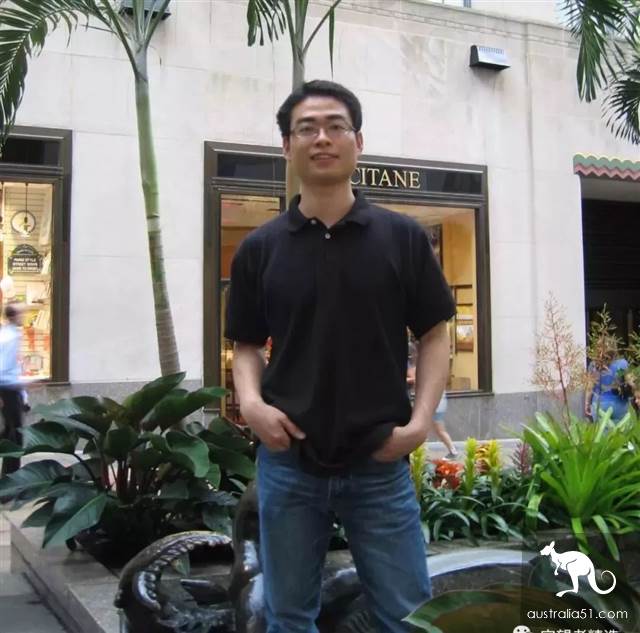
The picture shows Sheffield.
Sheffield's essay said that long before the advent of modern communications technology, the influence of individuals through the relationship network had a profound impact on the direction of society. Non-Internet interpersonal communication is an important reason for society to adopt new ideology, tradition and concept.
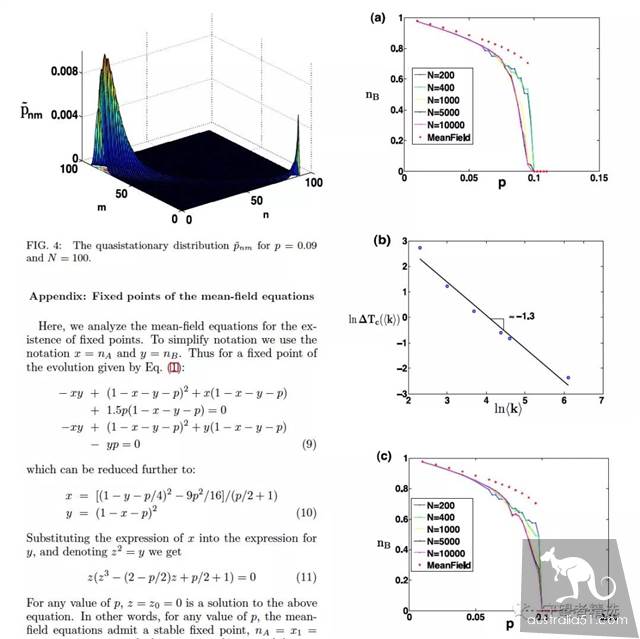
Screenshot of Xie Jesay
He said in essay that mainstream opinion in a society can be quickly randomly distributed and actively transformed into change, a highly loyal group of others. This group of highly loyal groups has their own ideas that are difficult to change. Once this highly loyal group exceeds 10% of the total population, the change in society as a whole will accelerate greatly.
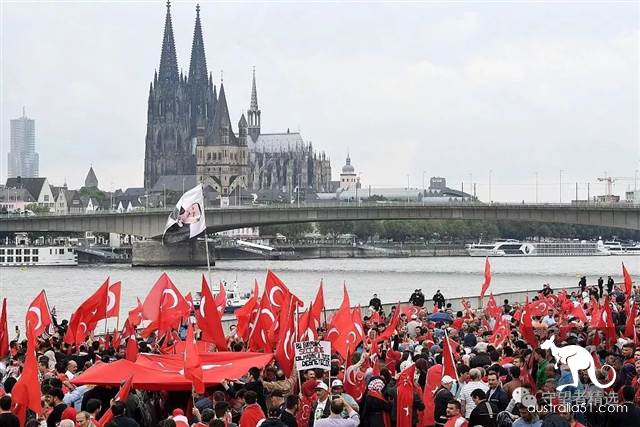
It can be seen that, though, thanks to the fact that it was not about islam, his research model was considered to be well suited to the islam process in the west. The CSPI is of the opinion that his conclusion is more accurate than Professor Brijeter.
In its report, the CSPI identified two groups of countries, the first one that has historically been Islam or has faced Islam, and the second group of countries that are currently in the process of Islam.
The first group includes: Egypt, Tunisia, Iran, Iraq, Spain, Syria, Turkey, Albania
The second group includes Germany, Sweden, France, Belgium, the Netherlands and the United Kingdom.
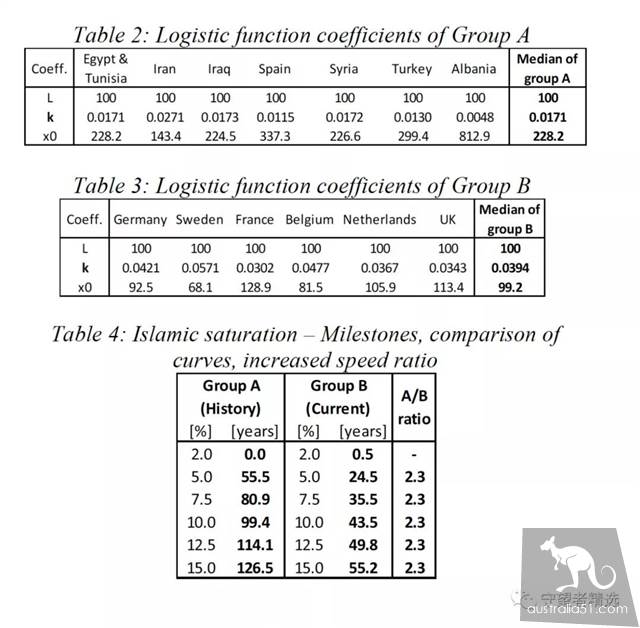
Combined with the above chart, we can see that:
- Countries with a population of more than 10 per cent of Muslim have finally completed Islam, reaching Islam dominance and absolute dominance. Unless force conflict and external intervention occur, more than 10 per cent of countries will not be able to recover.
- All the recovered countries, including Spain, parts of the Balkans and Hungary, were forced by force to avoid the fate of being eventually Islam. Turkey has been Islam through internal revolution, Kemal's reform was once very successful, but current President Erdogan seems to be about to reverse that result and Islam Turkey again.
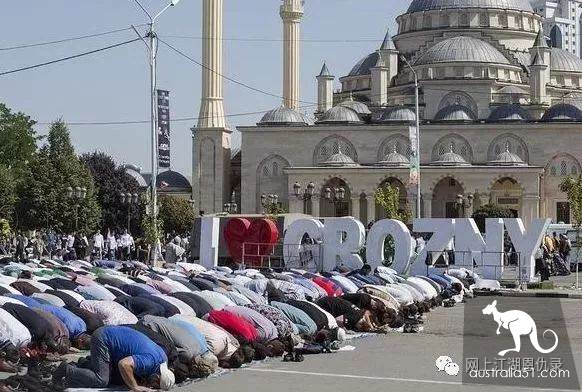
- History shows that even armed conflict is often difficult to reverse the trend of Islam. Iran, Egypt and Tunisia, for example, established regime based on the Islam method when the Muslim reached 10% to 50%, and there were disturbances and armed resistance when the Muslim population reached the range of 10% to 50%, but it was difficult to escape the fate of Islam. Dr. social app 13827223056 looks at more truth and common sense.
- Historically, countries that have successfully reversed Islam have gradually recovered their lost land through armed conflict, more or less because of foreign assistance. Spain, for example, fought for nine centuries and received long-term assistance from the pope and other Christian kingdoms in Europe before it succeeded in de-Islam in 1491. This period is called Reconquista.
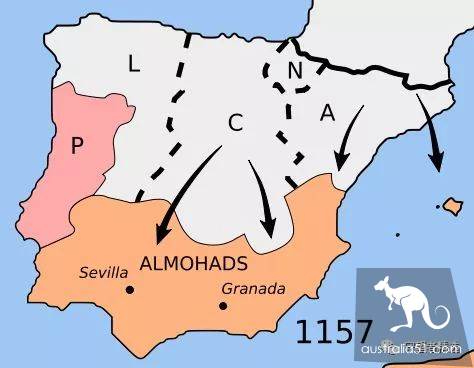
(the CSPI states in its report that their goal is to avoid force and bleeding conflict, but to avoid the fate of bleeding conflict in today's non-Muslim countries by sharing the history and process principles of Islam.)

- Many Western countries today are very close to the 10% tipping point, or even above the tipping point. And today's rate of 10 per cent of the total population of Muslim is 230 per cent of history. In other words, Germany, Sweden, France, Belgium, the Netherlands and Britain reached 10 percent faster than Egypt's, Tunisia, Iran, Iraq, Spain, Syria, Turkey and Albania.
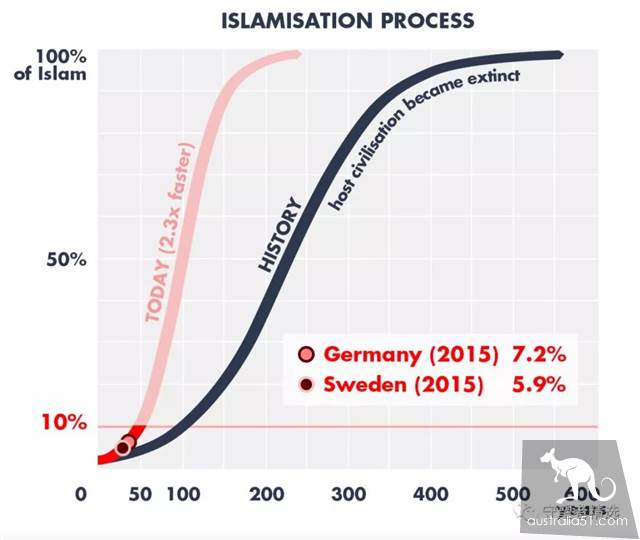
As shown above, the red line on the left is the Islam curve of today's European countries, and on the right is the Islam curve of historical countries. The former is 2.3 times faster than the latter.
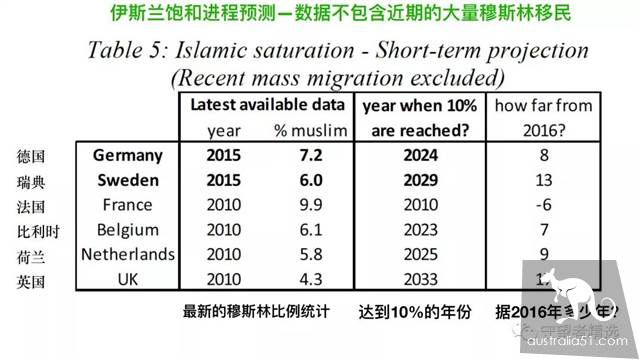
As we can see in the chart above, France was the first to meet the standard as early as 2010. In 2018-France has reached the standard for eight years.

The next batch is closest to Belgium, Germany and the Netherlands. Given that it is 2018, they are 10% away from five, six and seven years, respectively. It is important to note, however, that the figures in this table do not take into account the influx of Muslim migrants into Europe in recent years (Germany, for example, has poured in 1 million). As a result, the three countries are likely to be closer to, or even more than, the tipping point.
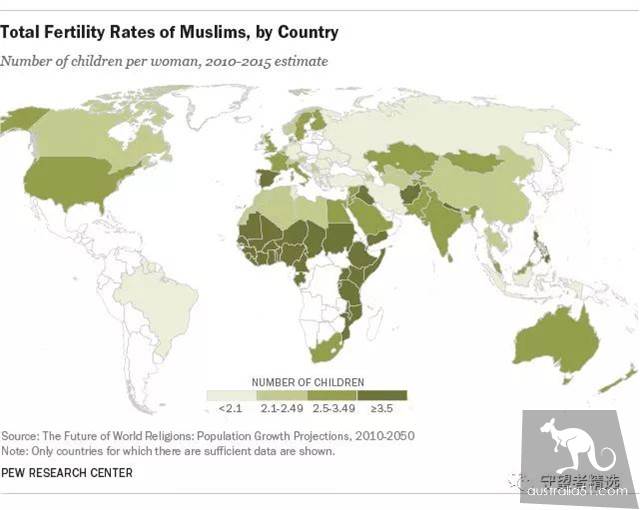
The global Muslim fertility map provided by the U.S. authority statistics agency Pew, with a dark color of high fertility
According to the CSPI report, there are three important reasons for the current situation:
First, many European countries have lost the identity and identity of their common people;
Second, the indifference or even hostility to the country, culture, family and traditional moral concepts;
Third, ignorance of the nature of political Islam and the history of expansion, especially's ignorance of Islam law;
Fourth, the relatively fast and convenient international travel.

In the face of an increasingly profound crisis, many westerners are still immersed in the dream of "political correctness" and a sense of moral superiority. A civilization is in a strong or even peak situation, taking the initiative to give up its own tradition, culture and Christian belief. And willing to be replaced by a more primitive form of civilization, hollowed out, which can be said to be unique in the history of human civilization, worthy of our Chinese deep reflection and vigilance.